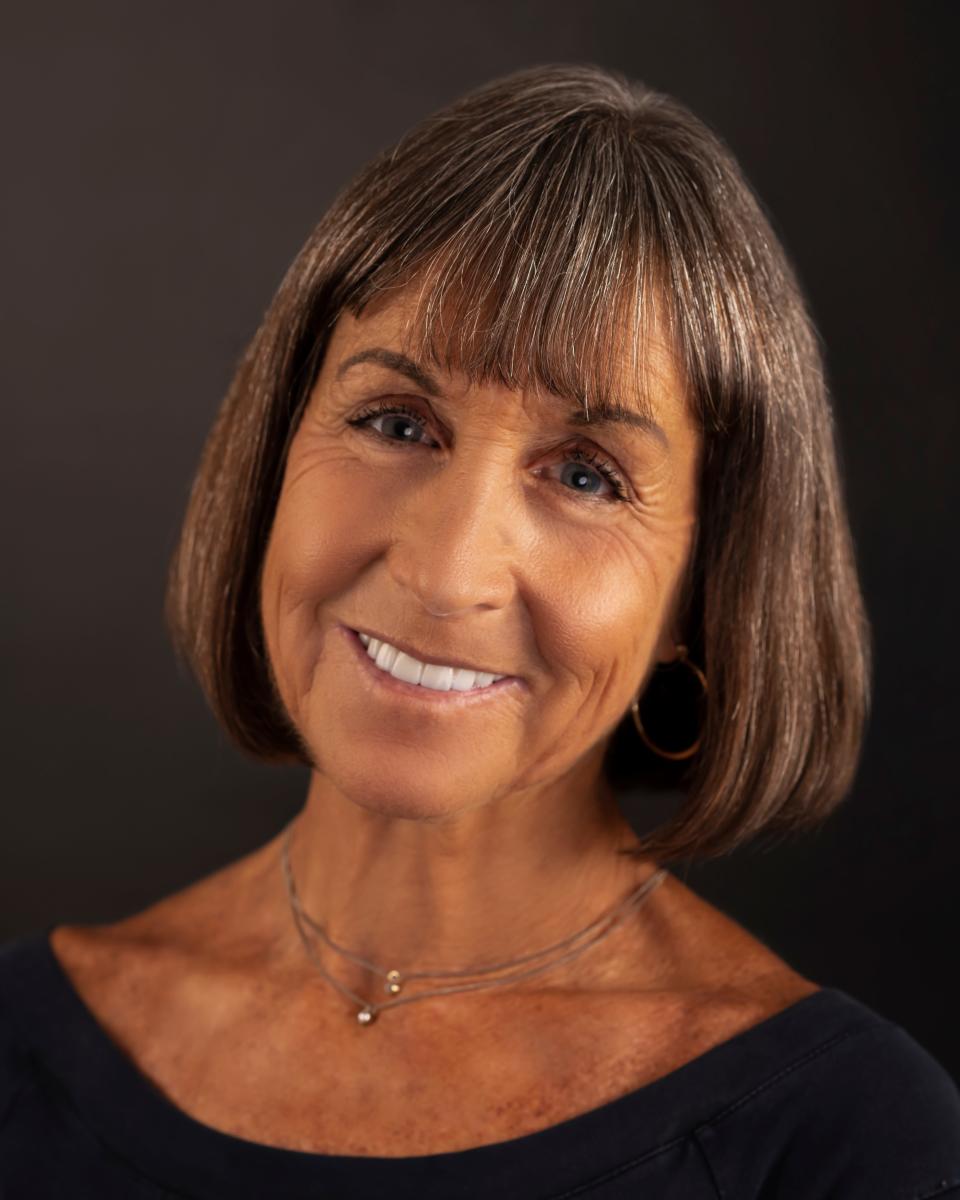SEIDMAN SAYS: As the mental health funding debate idles, human harm is perpetuated
This is not the column I planned to write this week, but it is the column I had to write. It may rock the boat, raise hackles, even have negative repercussions. But remaining silent would abdicate my responsibility as a journalist and betray my conscience as a human being.
Last Wednesday, the Sarasota County Commission held a special workshop to discuss potential changes to their process for deciding distribution of behavioral health funding through the county’s Health and Human Services departments. This was prompted by a meeting last November during which the board – at the urging of current Chair Mike Moran – rejected the funding recommendations of their own appointed committee of experts and called for a reevaluation of priorities more than three years in the making.
More:SEIDMAN SAYS: Why Sarasota County commissioners stalled mental health funding
More:SEIDMAN SAYS: Quay’s One Park condominium a line in the sand on developer overreach
My frustration grew as Moran – whose pique last fall was sparked by Teen Court, the program his wife oversees, not being recommended for funding – dove down rabbit holes and pushed an agenda to throw out everything and start all over again, with each commissioner appointing their own member to a new five-person committee.

Lost in the discussion was the fact that the thousands of hours of planning, research and evaluation already spent had been intended to identify key gaps in the system that would benefit from additional funding, originally from the special mental health tax district Moran himself initially proposed. Fortunately, several commissioners (thank you Nancy Detert) put the brakes on Moran’s steamroller and the board held off on radical revisions, tabling decisions to a future workshop.
Kicking the mental health can down the road is nothing new. But what I experienced later that day drove home the human cost of doing so.
Many readers are aware that 12 years ago, my son had a mental health crisis, ending up twice in the county’s emergency crisis stabilization unit. His experience there – and mine as a parent/advocate – was inhumane and horrific. For me, it catalyzed a new phase in my long journalistic career, aimed at reforming mental health systems’ practices that are dehumanizing, traumatizing and stigmatizing. I had assumed things were better by now.
Last year, as a volunteer teaching a ballroom dance class at a mental health drop in center, I met a brilliant young woman on the autism spectrum. Over six months, I came to know her trauma-filled history, her genius aptitude and her mental health struggles. Since she is estranged from her adoptive family, I tried to offer support and connections that she might feel embraced by our community and appreciated for her unique gifts.
In a text last week, she told me she was feeling suicidal again and was considering voluntarily checking herself into a hospital. I encouraged her to do so and offered my help, which she declined. But she promised to call me after she was admitted.
Before she could make that choice, however, she was Baker Acted, taken by police to the hospital emergency room and, at 3 a.m., sent to the same building where once my son had once been involuntarily committed. The next day she called from the same phone he’d used years ago. Her voice was barely audible, her words slurred. Mostly she answered with a monotonic “I don’t know.”
Two hours later I arrived for the sole visiting hour, bearing gifts I’d quickly assembled. The building looked dark and deserted; the door was locked. Initially, no one responded to the bell. When a nurse finally did, she told me to put everything but my keys in the car, then led me through three locked doors to an echoey room void of anything but grimy tables and stacked plastic chairs.
“No touching!” she warned. “That’s if she’ll even see you.”

The blue scrubs and rubber bottomed socks my friend wore matched the prison-like atmosphere. Another visitor started a loud conversation with another attendant, their voices deafening as they bounced off the hard surfaces. My friend’s voice so hoarse and weak, I moved my chair closer to hear her.
“Back off!” the attendant barked. “Stay across the table or you’re out of here.”
I learned she’d seen a psychiatrist who “didn’t listen” to her, didn’t understand her movement behaviors were a result of her autism and put her on three heavy-duty drugs – two antipsychotics and a tranquilizer. She said she had a headache. I assured her she was loved and not alone and that I would do everything I could to “get you out of here.”
Five minutes before the hour was up, I was given the boot. I promised I would return and – without knowing how –find a way to help her. She shuffled back to the unit where, she said, the only entertainment was a “staticky TV” and a Bible.
I was sobbing before I made it out the front door. When my son called half an hour later, I was crying still. He understood; he’d been traumatized there too.
To think we’d made no progress on an egregious flaw in the system that was glaring more than a decade ago was as devastating as experiencing its inhumanity once again. I had assumed that with the plethora of efforts by so many people over so many years and the heightened awareness of and attention to mental health more recently, no one would be experiencing this kind of treatment today. I couldn’t have been more wrong.
Meanwhile, as a certain county commissioner rages about personal slights or freeloaders abusing social services, and those organizations whose fates depend on the commission’s decisions remain silent for fear of endangering their existing funding, this dirty little secret remains, undiscussed and under the radar. Until it’s your loved one who experiences it.
Tonight, I will visit my friend again, praying the appearance of one caring human in her day will help her go on. In this case, I guess it’s fortunate many people with autism don’t like to be hugged.
Contact Carrie Seidman at carrie.seidman@gmail.com or 505-238-0392.
This article originally appeared on Sarasota Herald-Tribune: Lack of compassion plagues Sarasota County's mental health efforts

